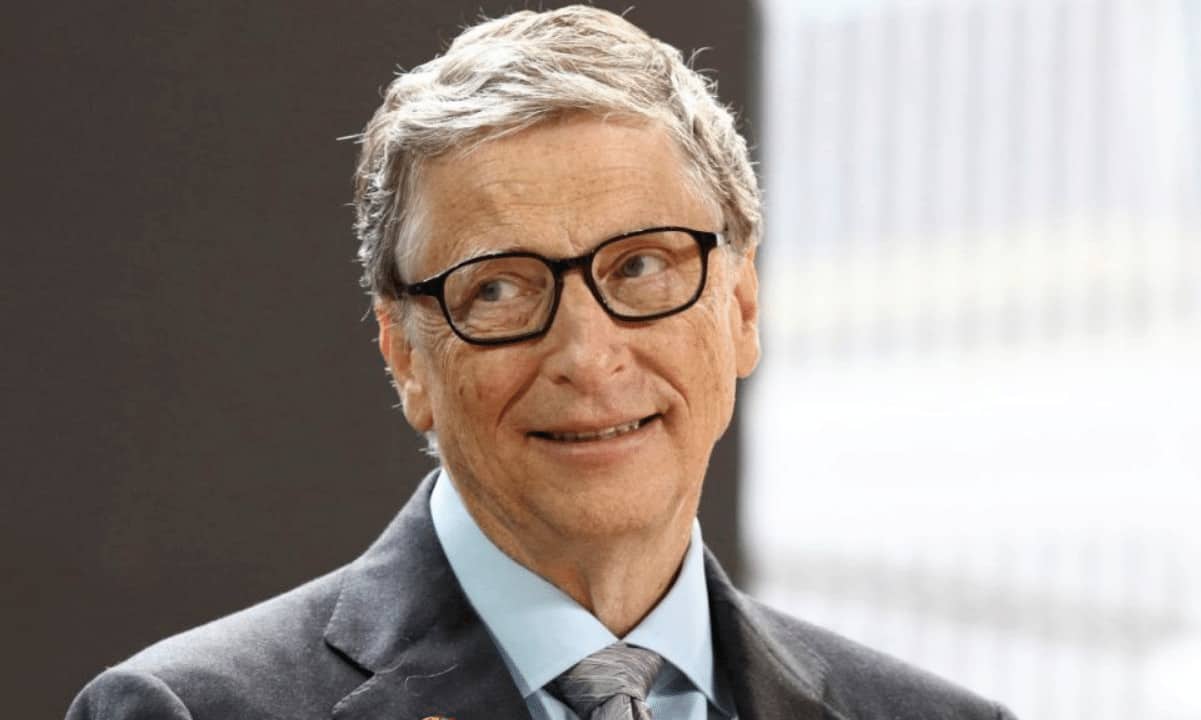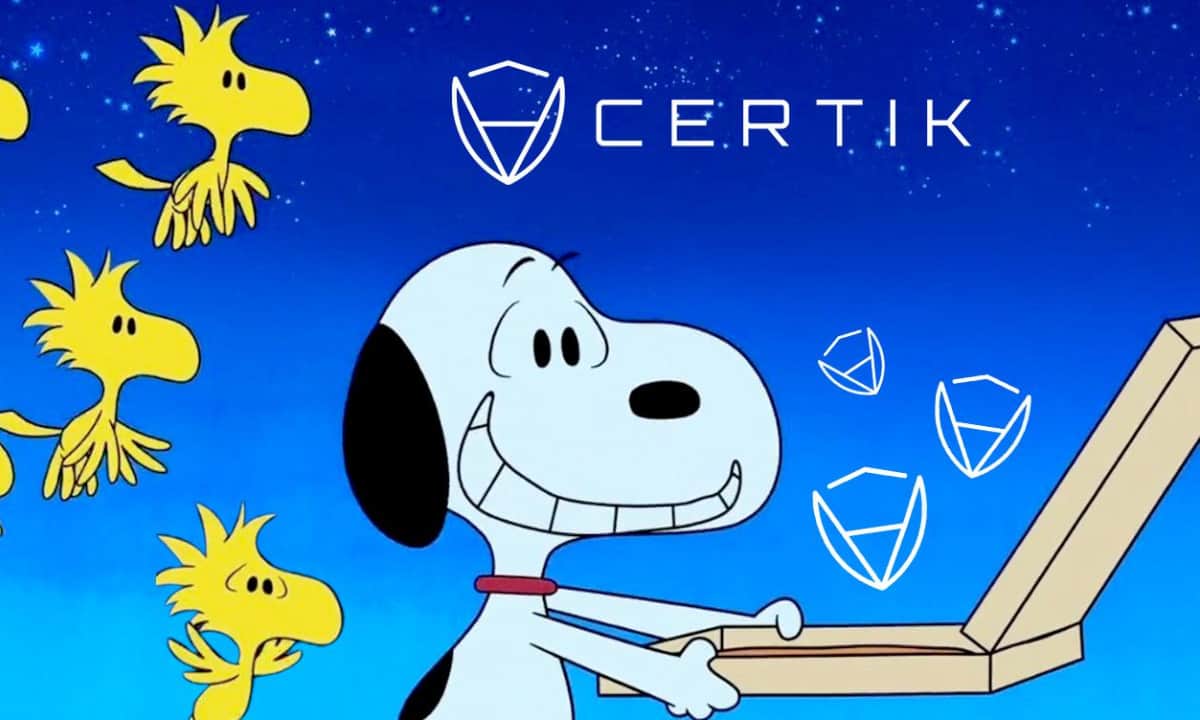Following Tron BitTorrent Acquisition, Those Are The Lessons That Must Be Learnt For The Crypto Future
Recently, Simon Morris, a former employee of BitTorrent Inc released a fascinating 4-chapter Medium series about the history of BitTorrent and what lessons there may be for the world of Bitcoin and the ‘blockchain’ industry.
In July 2018, BitTorrent Inc was acquired by the Chinese cryptocurrency organization TRON (or, more precisely, by Justin Yuchen Sun, TRON’s founder). For Morris, this event symbolized the end of an era which made him eventually to leave the organization.
BitTorrent as a Decentralized Network
To understand the BitTorrent revolution, one must first distinguish between 3 separate entities:
The BitTorrent technology (protocol):
The BitTorrent Protocol is a p2p file transfer protocol invented by Bram Cohen in 2001. It enables the distribution of large and popular files across the internet without the need for any unique
BitTorrent Inc:
BitTorrent INC is a private company located in San Fransisco; it was founded in 2004 by Bram Cohen and Ashwin Navin. The company is responsible both for the ongoing development of the BitTorrent protocol and for the two most popular pieces of client software: BitTorrent and uTorrent. The company doesn’t own the protocol, so any other software provider that would like to use it is welcome to do so.
The BitTorrent Ecosystem
Similar to Bitcoin, the BitTorrent Ecosystem is composed of people who use, develop, and exploit the BitTorrent protocol. There are some important roles, and each role is fulfilled by a large number of participants:
- Developers of client software like uTorrent that are implementing the BitTorrent technology in their software.
- Torrent Sites Operators: People who own and operate torrent sites which provide a catalog of files that can be shared via torrent client’s software.
- The ‘warez scene’: people who collect and distribute media files to the Torrent network.
- Users: hundreds of millions of people who are using the torrent client software and the torrent sites to download media files.
Morris explains the importance of BitTorrent with two central claims:
- BitTorrent succeeded in making the sharing of large files possible with only an internet connection and no need for any special The fact that the technology was accessible to everyone made it so popular that BitTorrent traffic was variously reported as consuming tens of percent and sometimes over 50% of all internet traffic!
- The open and decentralized architecture of both the technology and the community meant that it was impossible to shut down the BitTorrent eco-system. Other types of file-sharing software came and went, always toppled by some centralized pain point, but BitTorrent persisted. It was obvious to the regulators that shutting down one client software would make the user find another BitTorrent resource and the ecosystem would continue to flourish regardless.
Breaking the Rules
Next, Morris explained his philosophy about the point of decentralization. According to Morris decentralization needs to combine two qualities:
- Technical decentralization: no single point in the system that could be hacked, and which would shut down the entire network.
- Organizational decentralization: no single entity or organization that can switch off the network.
Only by achieving those levels of decentralization could it genuinely allow the primary goal of decentralization, to break the rules. In other words, the real power of decentralization is the fact that it can de facto change and set up new reality and roles which weren’t acceptable to the centralized powers and law-enforcement agencies that controlled the eco-system before the emergence of the decentralized network.
In BitTorrent, it happened by mistake. Bram didn’t mean to enable this type of rule-breaking. This capability resulted in large-scale copyrighted files sharing.
Every new decentralized project must ask what rules does it break? If the answer is not satisfactory, the project path should be reconsidered. Without any or non-significant rule-breaking it is hard to imagine why blockchain technology even matters. Or as Morris describes:
The general purpose public blockchains out there might best be understood as platforms for rule-breaking apps.
According to Morris, so far there has only been one application which was exciting enough in the blockchain industry, and that was the funding raising application that mainly happened through ICOs. This allowed people all around the world to participate in fundraising rounds with almost no regulatory barriers. Regardless of the negative aspects of ICOs in 2018, one can’t disagree with the two following statements:
- The ICO boom happened in an ungoverned way and was wildly successful in raising billions of dollars to fund a broad range of projects;
- ICOs have now almost wholly stalled as a result of pressure from the SEC and other regulatory bodies around the world.
Intent, Complexity, and the Governance Paradox
In the next section Morris introduces three themes that relate to decentralized ecosystems which were all relevant to BitTorrent, as well as to many crypto projects:
- The Problem of Intent: when we are talking about rule breaking it is attempting to focus on the rules that are being broken instead of the company or entity that breaks them.Eventually, if the project succeeds and breaks the rules, it assumes that the law enforcement agencies will be unhappy about it. In the case of BitTorrent, it was easy for Bram to avoid the intent problem as it was apparent that Bram never intended to create a protocol that would disrupt and violate legal copyright In the case of Bitcoin, even though Satoshi’s intentions were clear as they were reflected in the Bitcoin whitepaper. The anonymity of its authorship has prevented any person or entity being held accountable for any rules that were broken.
- Complexity: Decentralized systems can be very complicated for the average person to understand and adapt. If the value the system provides is not significantly higher than the existing centralized solutions, it will be challenging for the system to scale up.
- Governance Paradox: Here the term governance means the ability to make decisions and implement them quickly. In a large-scale, rule-breaking, and decentralized system it is almost impossible to have real The main problem here is that on the one hand, you want to create a non-single point of failure system so that if some regulator forces you to shut down, you can say “no, sorry, it can’t be done”. But on the other hand, you want to be able to make changes and update the system quickly and efficiently.
A New Generation of Media Providers
In the last part, Morris explains how the BitTorrent war ended. Even though, the forces that tried every possible way to stop and demolish the BitTorrent eco-system failed it wasn’t the great victory we might expect.
A new generation of media provider emerged. The new organizations realized that the train had left the station and that they would be unable to charge in a direct form for their media files. The whole idea of files became obsolete and was replaced by experience-based providers with a strong business model (e.g., Spotify and Netflix).
Users stopped being obsessed about having “ownership” of media files. Instead, it’s all about access to this content. It is about listening to or watching the content you like in every single moment from any digital device.
Despite the enormous impact that BitTorrent Inc had through the years, it never succeeded in yielding an integral part of the upside from all the disruption. BitTorrent Inc built an intermediately sized business which held the two most popular BitTorrent client’s software: uTorrent and Bittorent. They used the massive distribution of those clients to put ads in front of users.
To conclude, if we want to learn something from the BitTorrent experience it is that decentralization solutions are a great tool to disrupt and break rules-based structure but not necessarily to take the reins in the long term. In many cases, the decentralization solution is only an intermediate solution which will be replaced by a new centralized solution that is adapted to the new situation.
The post Following Tron BitTorrent Acquisition, Those Are The Lessons That Must Be Learnt For The Crypto Future appeared first on CryptoPotato.









